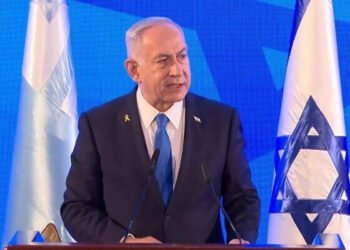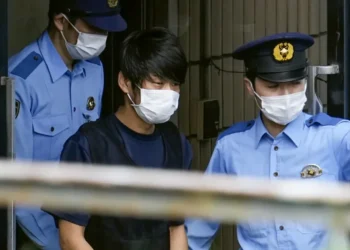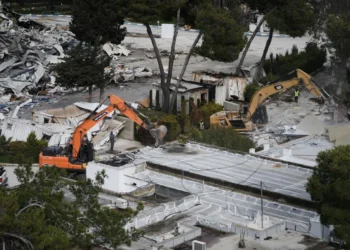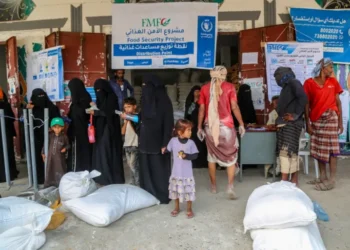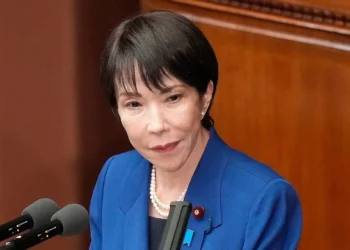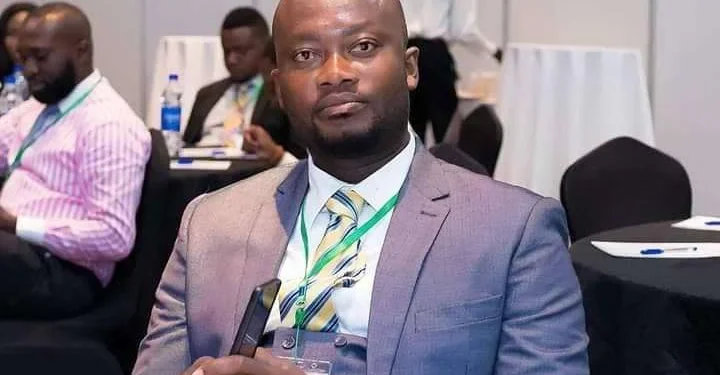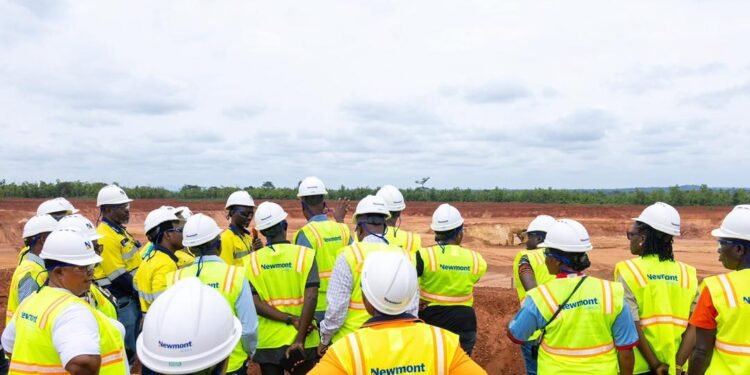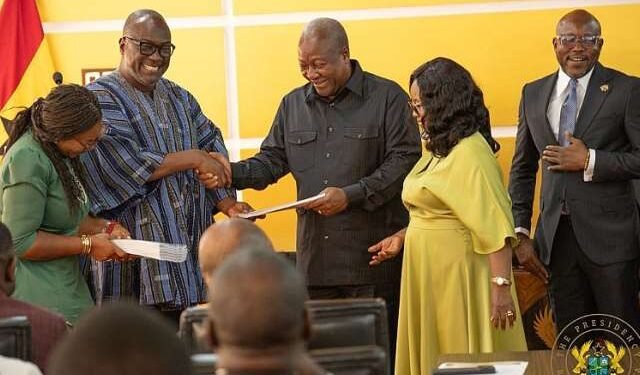Several countries have issued travel advisories in the wake of President Yoon Suk-yeol’s short-lived declaration of martial law.
The US, UK, Japan, Singapore, Japan and Ukraine all advised their citizens to follow the advice of local authorities and avoid protest areas.
The US State Department said in its statement noted that the situation remains fluid as “even peaceful protests can escalate into confrontational or violent situations.”
South Korea is a major democratic ally for the US in Asia, but Washington said that it was not given advance notice of Yoon’s plan to impose martial law.
The US indefinitely postponed meetings of the nuclear consultative group (NCG), a signature Yoon effort aimed at having South Korea play a greater role in allied planning for potential nuclear war on the peninsula.
The martial law declaration also cast doubt on a possible visit next week by the US Defence Secretary, Lloyd Austin.
The dramatic developments have left the future of Yoon – a conservative politician and former star public prosecutor who was elected president in 2022 – in serious jeopardy.
Earlier on Wednesday, Yoon faced calls to quit immediately or face impeachment after an attempt to bring in martial law triggered protests and political condemnation.
If the national assembly votes to impeach Yoon, the decision must then be upheld by at least six out of nine judges in the constitutional court.
If he is removed from office, Yoon would become only the second President of South Korea since it became a democracy to have met that fate.
The other was Park Geun-hye, who was removed in 2017. Ironically, Yoon, the then prosecutor general, led the corruption case that precipitated Park’s downfall.
The nation’s largest umbrella labour union also called an “indefinite general strike” until Yoon resigned.
Separately, NATO Chief, Mark Rutte disclosed that the military alliance is monitoring events in South Korea. “We are following events in South Korea, we are interested in how the situation may develop further,” Rutte said at a meeting in Brussels.
He asserted that the alliance’s relationship with South Korea is key and ironclad.
Supreme Court To Examine Legality Of Yoon’s Martial Law Declaration
Meanwhile, local media reports revealed that South Korea’s top court confirmed that it will review the legality of President Yoon’s short-lived martial law declaration.
Chief Justice of the Supreme Court of Korea Cho Hee-dae told reporters that the judiciary would examine whether there had been any procedural irregularities in Yoon’s order.
Cho was quoted as saying by The Korea Herald, “The judiciary will ensure its role as the ultimate protector of the citizens’ rights and freedoms, and will work to alleviate any concerns about judicial independence and integrity.”
Darcie Draudt-Véjares, a fellow at the Carnegie Endowment for International Peace’s Asia Program, opined that President Yoon’s Suk-yeol’s “miscalculation reveals the depth of his administration’s crisis and desperation to deal with political turmoil within his own party.”
Draudt-Véjares noted that Yoon has been facing opposition not just from outside his party but also within – including from his own party Chair Han Dong-hoo – amid a growing number of scandals.
Draudt-Véjares noted, “This attempt to override democratic institutions suggests either desperate overreach or grievous undemocratic impulses,” comparing Yoon’s moves to those of South Korea’s military dictatorships that ruled the country from 1961 to 1987.
However, Draudt-Véjares stressed that the swift lifting of the martial law order and the past three decades have shown that South Koreans will not tolerate democratic backsliding – even if its leaders from Yoon to the ousted President Park Geun-hye fail them.
READ ALSO: Franklin Cudjoe Praises Mahama’s FDI Achievements, Critiques NPP’s Energy Policies





